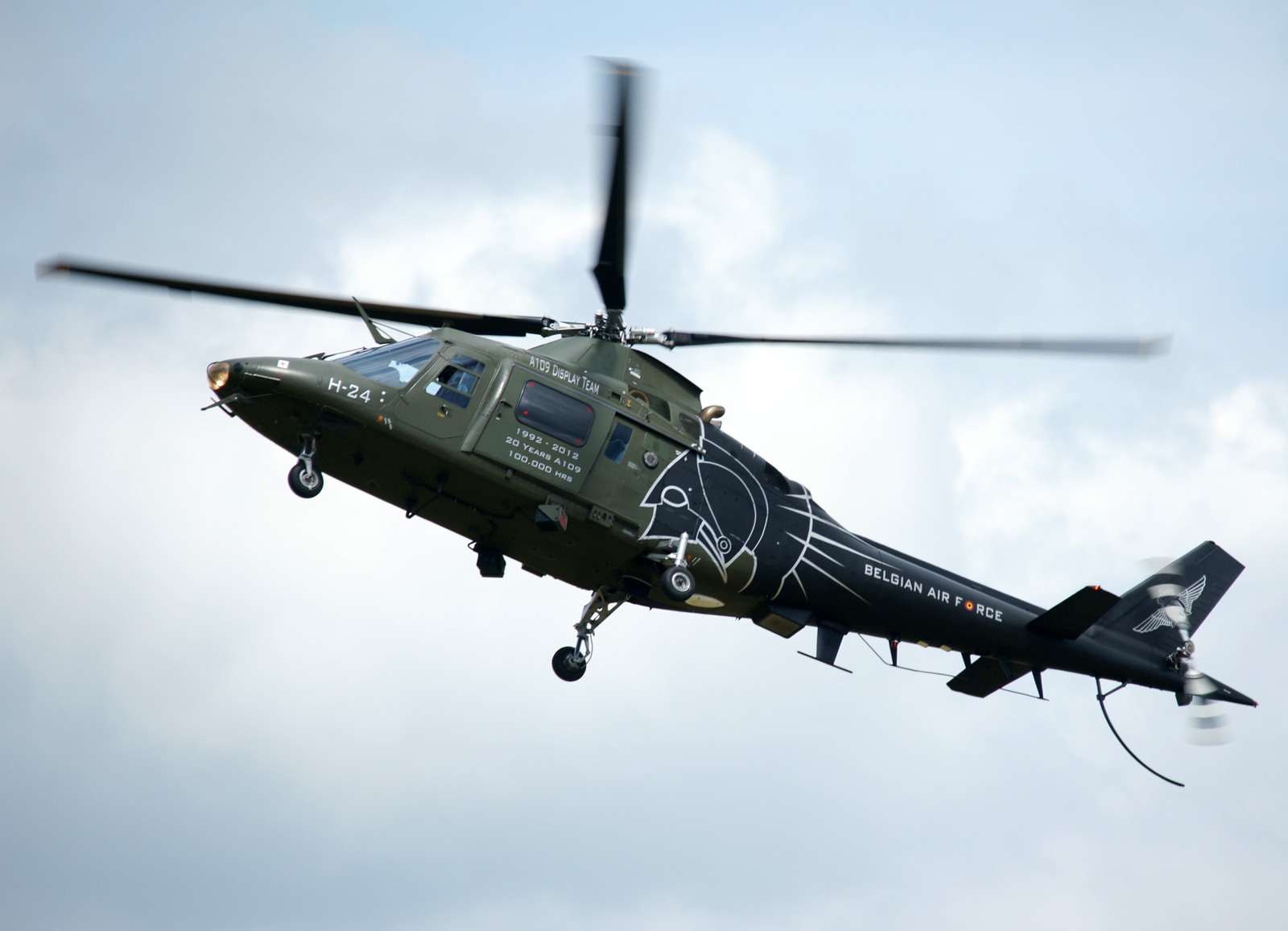
Several military versions of the Hirundo A109 have been developed for army, naval, and patrol use. The Agusta A109A ?made his maiden flight on 4 August 1971. The baseline Light Utility Helicopter (LUH) is a light twin engine helicopter in the 3,000 kg class. With the addition of appropriate role fit equipment, LUH is able to satisfy a diverse range of mission requirements demanded from a military light utility helicopter.
Avionics include an advanced digital cockpit, based on 3 AMLCDs and a digital 4-axis AFCS. A vast array of advanced equipment including sophisticated sensors are available. The integrated Mission Equipment Package (MEP) includes day/night and IFR avionics for single or dual pilot operations with a four-axis digital Automatic Flight Control System (AFCS). The availability of a wide range of mission equipment makes the LUH a real multi-role helicopter, able to perform all light helicopter roles including training, troop transport, medical evacuation, search and rescue, maritime patrol, observation, armed escort and anti-armour.
Besides service with the USCG, the A109 Power has also been selected for law enforcement duties by Italian, British, Nigerian and Chinese agencies. Additionally, it serves military roles with the South African Air Force, Swedish MoD and Italian Navy. The A109 Power, the only twin light helicopter capable of ship-based operations, was again confirmed worldwide as the best-selling light twin helicopter in 2001.
The sale of the Agusta A109 to the Belgian armed forces in 1988 gave rise to a bribery scandal when it was alleged the company had given the Belgian Socialists over 50 million Belgian francs to get the sale. This scandal led to the resignation and conviction of NATO Secretary General Willy Claes.
Military operators:
Albania, Argentine Army, Royal Australian Navy, Belgian Air Component, Benin, Bulgaria,People’s Republic of China, Carabineros de Chile, Ghana, Greece (Hellenic Air Force), Italy, Royal New Zealand Air Force, Latvia, Malaysian Army, Malaysian Maritime Enforcement Agency, Malaysian Fire and Rescue Department, Mexico, Nigeria, Paraguayan Air Force, Peru, South Africa, Sweden, Army Air Corps, Empire Test Pilots’ School, Royal Air Force, Venezuela
Former Military operators:
Slovenian Air Force, United States Coast Guard
| Role | SAR/utility helicopter |
|---|---|
| Manufacturer | Agusta AgustaWestland |
| First flight | 4 August 1971 |
| Primary?users | Italian Army Royal Australian Navy |
| Unit cost | US$ 6.3 million |
| Variants | AgustaWestland AW119 |
General characteristics? AW109 Power
- Crew: 1 or 2 pilots
- Capacity: 7/6 passengers
- Length: 13.04 m (42 ft 9 in)
- Rotor diameter: 11.00 m (36 ft 2 in)
- Height: 3.50 m (11 ft 6 in)
- Empty weight: 2,000 kgs (3,461 lb)
- Max takeoff weight: 2,850 kg- 3,000kg (6,283 lb) (depending on version))
- Powerplant: 2 x Pratt & Whitney Canada 206C or Turbomeca Arrius 2K1 turboshafts, 567 hp or 571 hp (423 kW or 426 kW) each
Performance
- Maximum speed: 285 km/h (177 mph ,154 knots)
- Ferry range: 964 km (599 mi, 521 NM)
- Service ceiling: 5,974 m (19,600 ft)
- Rate of climb: 9.8 m/s (1,930 ft/min)
Armament
(Agusta A109 LUH only)
- Rocket launcher 7/12/19 tubes 70 mm
- Twin machine gun-pod 7.62 mm
- Machine gun-pod 12.7 mm
- Machine gun-pod 12.7 mm with 3 tubes 70 mm rockets
- Antitank missiles (TOW, HOT or Hellfire)
- Air-to-air missiles (Stinger or Mistral)
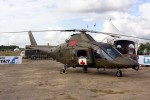


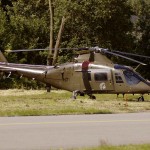
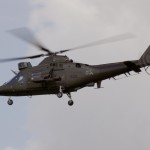

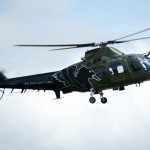
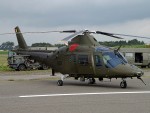
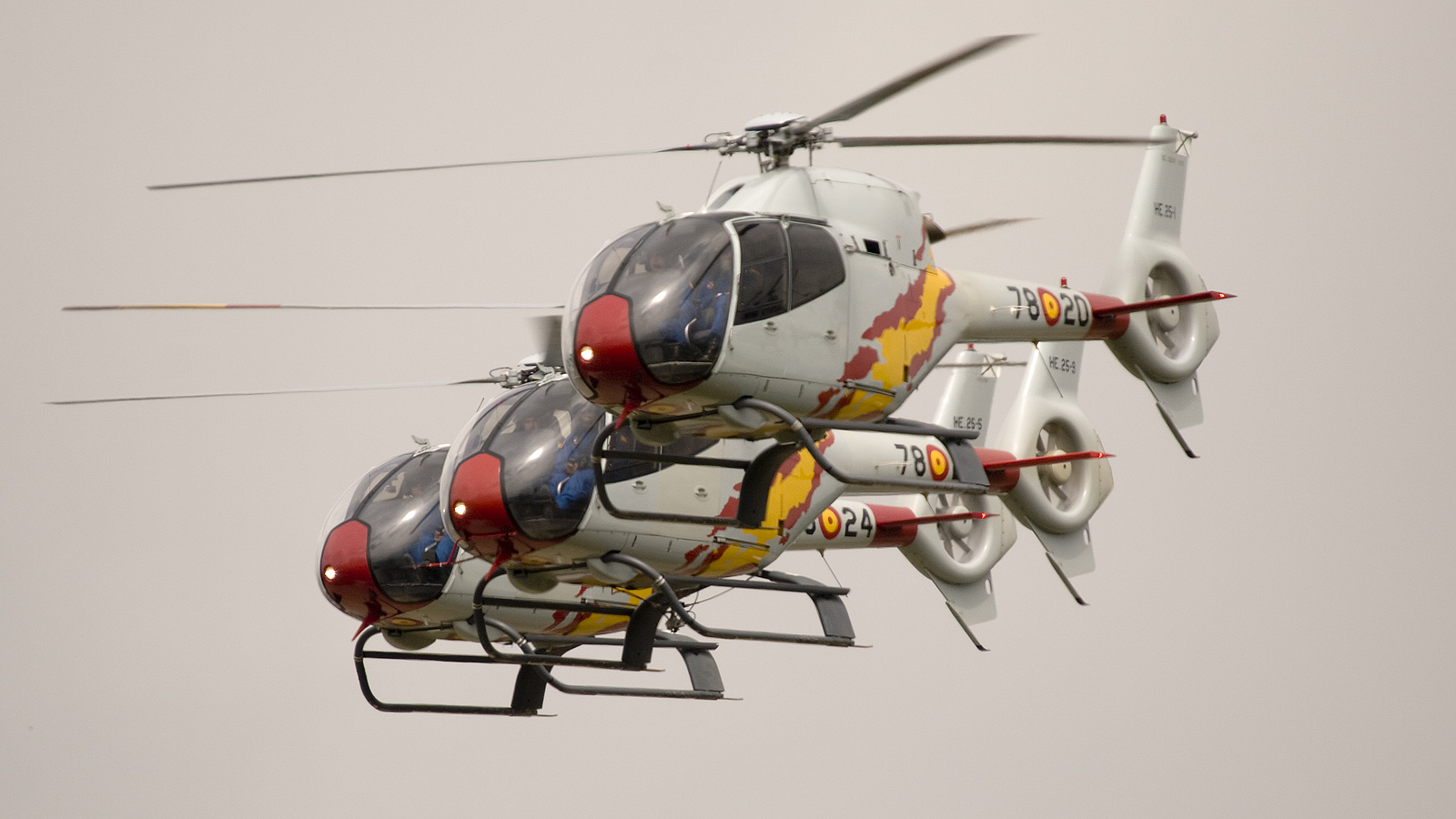
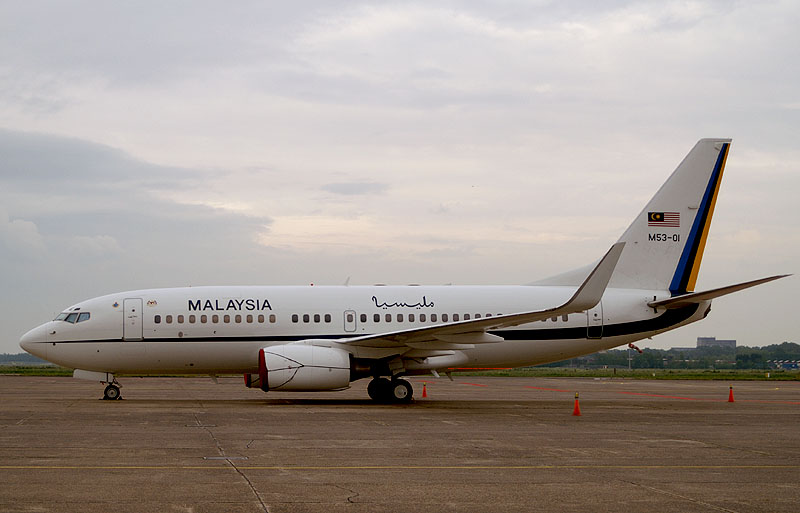
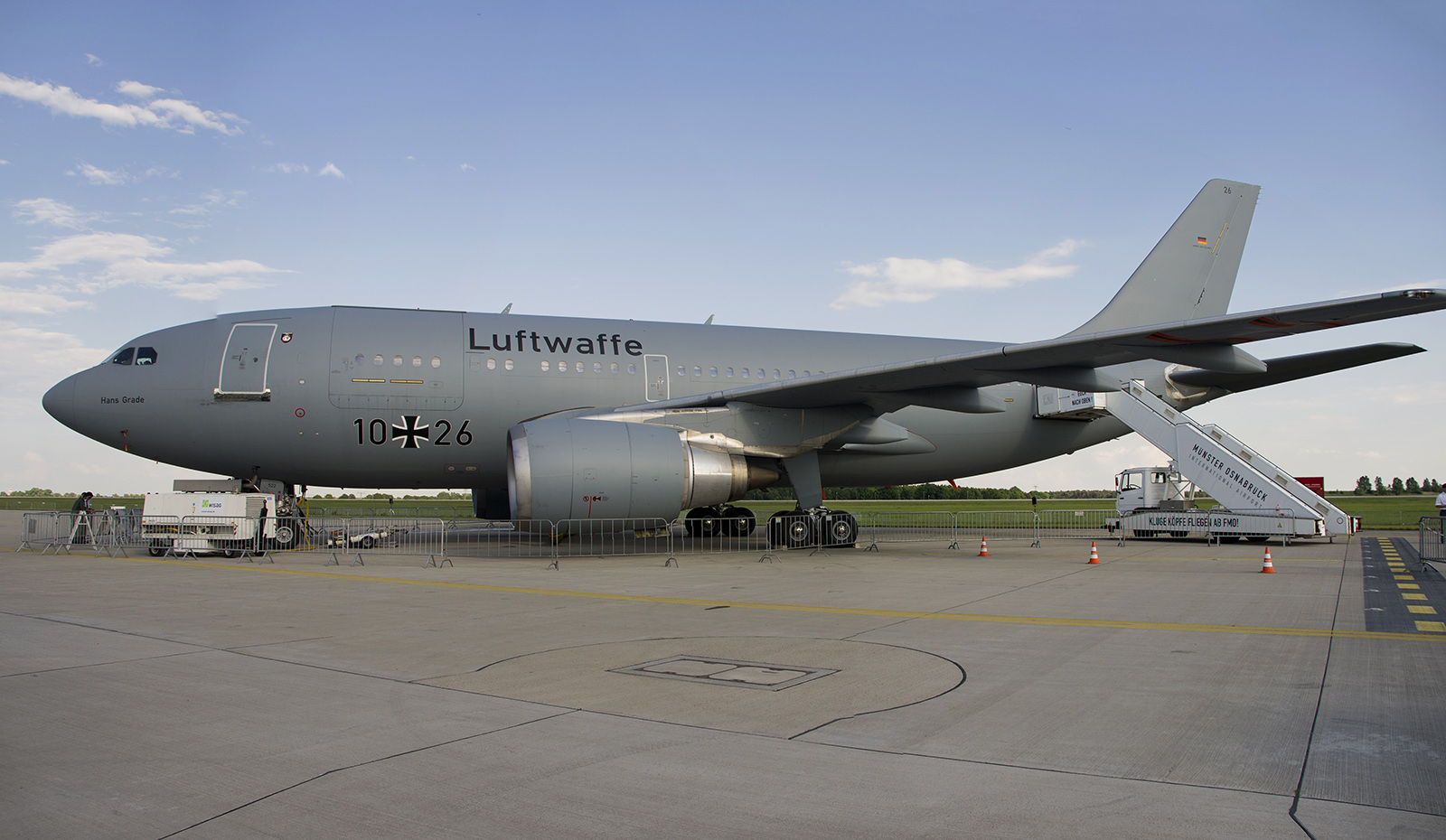
Be the first to comment